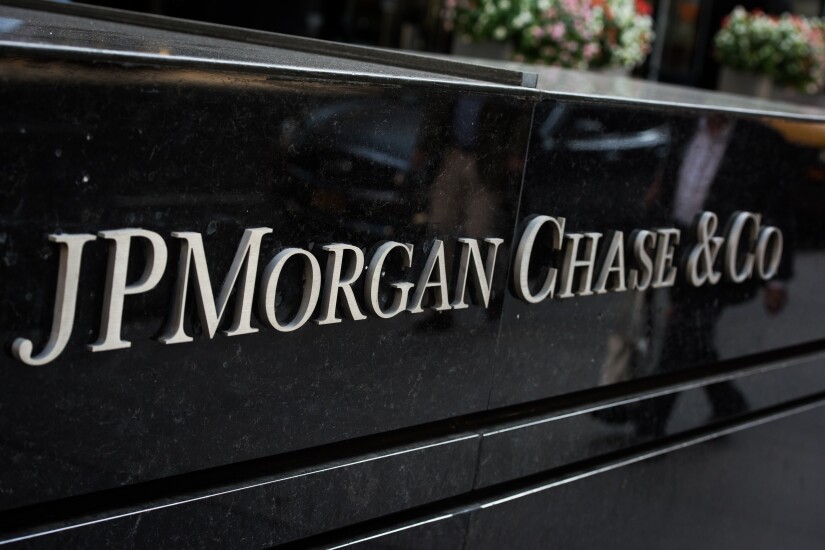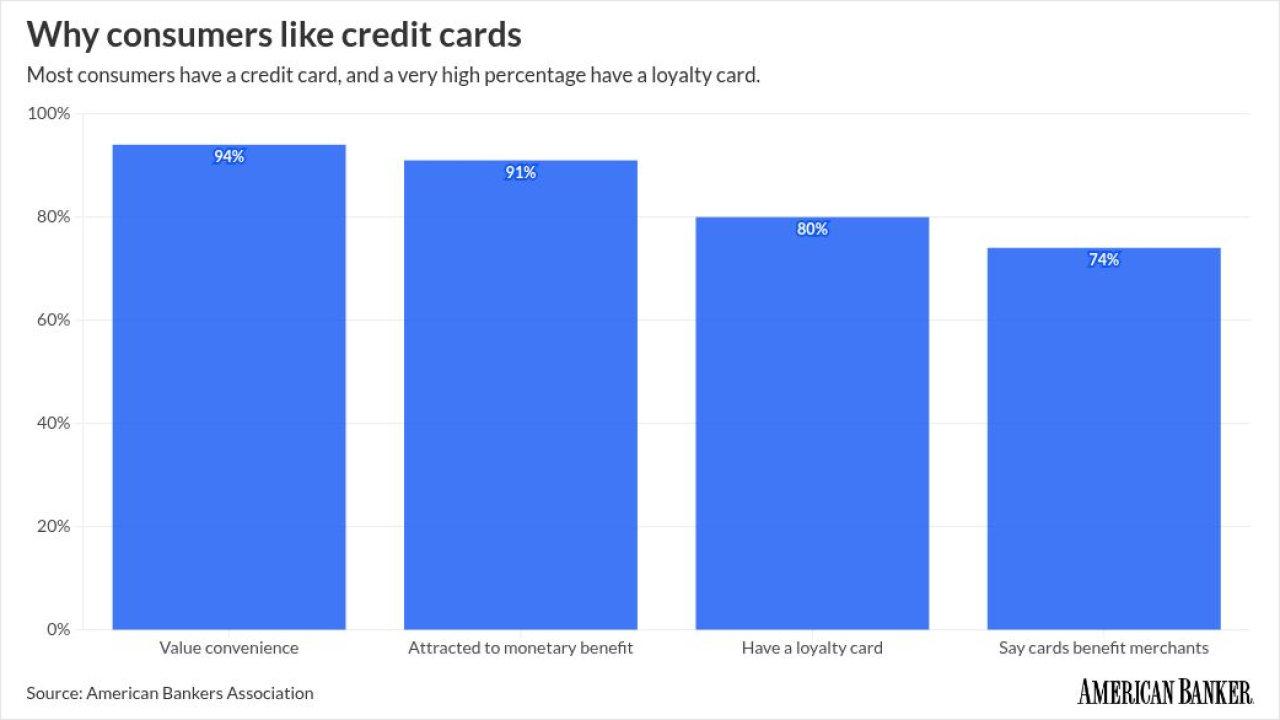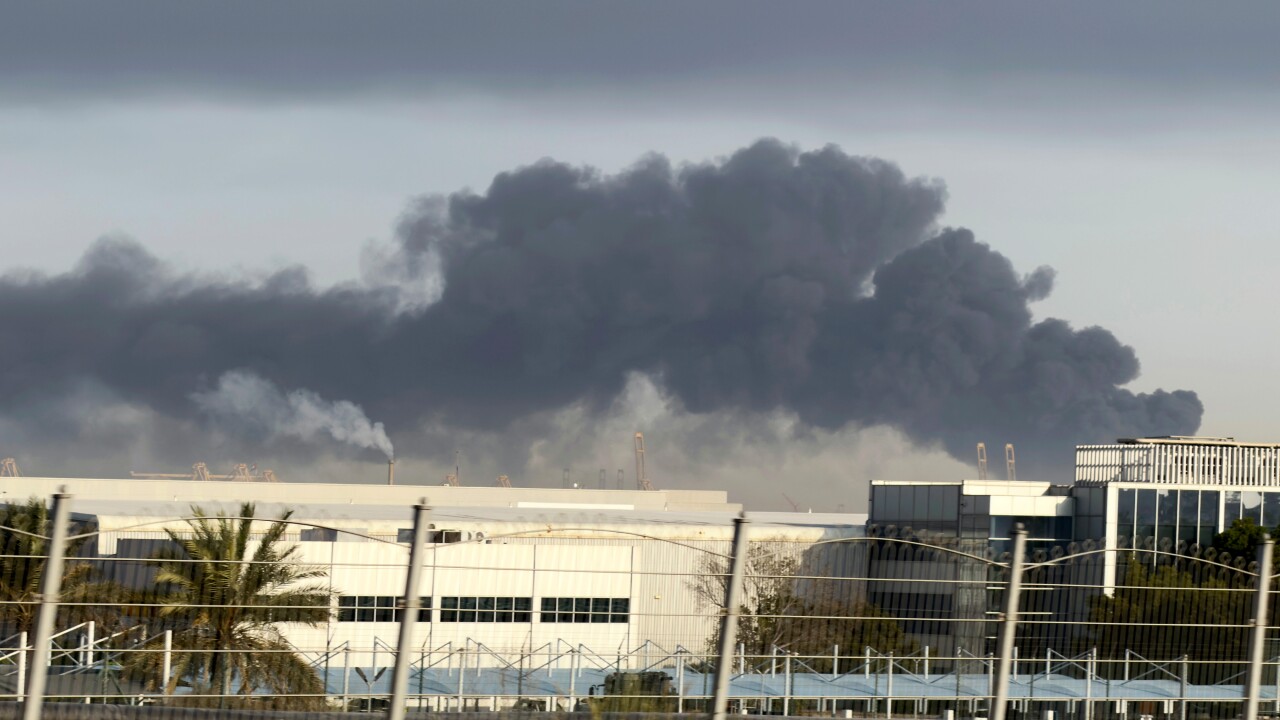Russia’s two-week-old invasion of Ukraine has rapidly upended a wide range of global industries — from
Within the financial services sector, some of the biggest impacts have been on payments companies. Last weekend, Visa, Mastercard, American Express and PayPal all
There have also been massive repercussions for Russian banks. Economic sanctions imposed by the United States and other nations have frozen large swaths of Russia’s financial system, including its access to the Society for Worldwide Interbank Financial Telecommunications, which processes international payments.
So far, the ripple effects for North American banks, which tend to have little or no direct exposure to Russia, have been much smaller. But if the war in Ukraine drags on, certain indirect risks will become more likely to have a material impact on the U.S. banking sector, according to analysts at DBRS Morningstar.
“One concern for the U.S. banking system is the potential for higher inflation for a longer period of time, especially considering the recent spike in energy prices,” DBRS Morningstar analysts John Mackerey and Michael Driscoll wrote in a research note this week. “If prolonged, this could lead to a weakening of asset quality metrics over the longer-term.”
Since Russia’s invasion on Feb. 24, executives at numerous U.S. and Canadian banks have spoken publicly about the impacts of the war and its economic fallout. Those impacts include both short-term effects, such as trading volatility, and potential longer-term effects, such as a scenario in which high inflation persists.
What follows is a look at what executives at eight large and regional banks have said recently about the conflict’s impact on their businesses.













